All the Ways Trump Can Shut Down the Mueller Probe
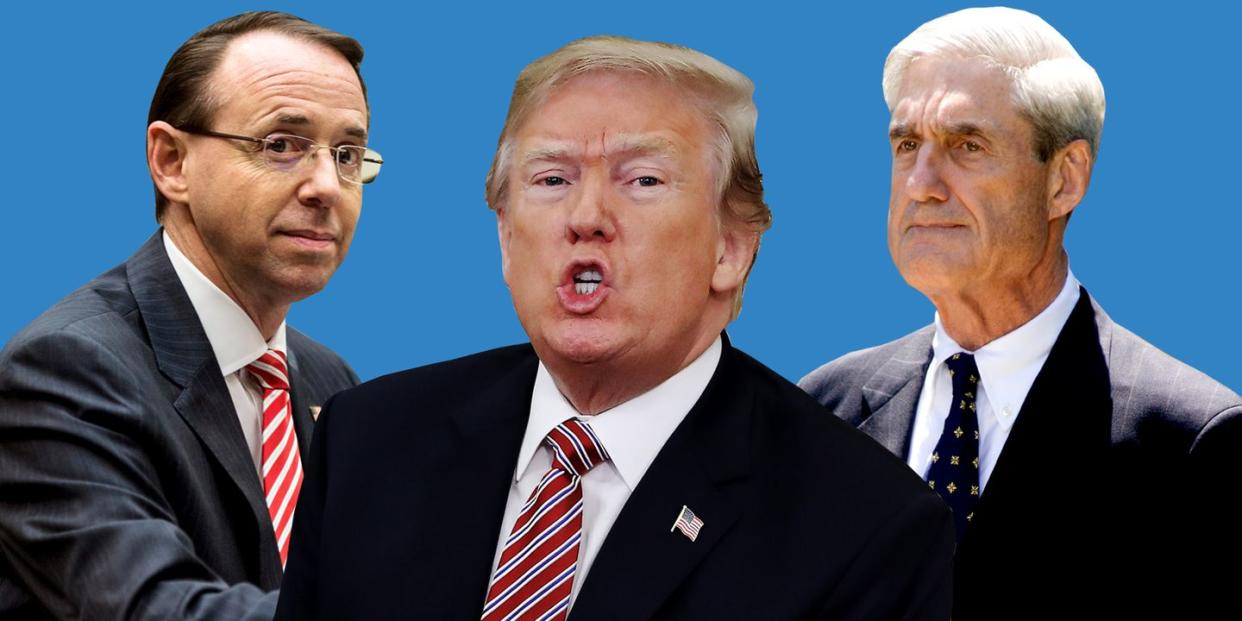
The FBI raid on longtime Trump lawyer Michael Cohen's home, offices, and Manhattan hotel room this week was a cattle prod to the president. Almost immediately, Trump responded with a rambling diatribe before a group of TV cameras, calling it "a disgraceful situation" and an "attack on our country."
But more than that, reports are surfacing that Trump-whom some now describe as "unchained," which makes you wonder what he was before-is strongly considering firing the various figures overseeing the Russia probe. That includes Special Counsel Robert Mueller and the man that appointed him, Deputy Attorney General Rod Rosenstein. Attorney General Jeff Sessions has, much to Trump's chagrin, recused himself from the investigation.
As a reminder, Trump already fired FBI Director James Comey when the FBI was pursuing the probe. That spurred the appointment of the special counsel. He fired FBI Deputy Director Andrew McCabe as well. It was once verboten for a sitting president to comment on any ongoing Justice Department investigation, but Trump has publicly and constantly interfered in an investigation into himself and his associates.
Trump has demonstrated that he is more than willing to undermine the rule of law, and even suggested that no one can investigate him as president. But how, from a legal and procedural standpoint, would this happen? And what would happen if Robert Mueller, or Rod Rosenstein, or both, were defenestrated?
"All of this is unclear, because none of this has happened before," says Jennifer Rodgers, executive director of the Center for the Advancement of Public Integrity at Columbia Law School and a former prosecutor in the office of the U.S. Attorney for the Southern District of New York. "None of it's been tested."
Still, Rodgers offers some guidance on how Trump could effectively dissolve the Russian probe.
There are three ways, theoretically, that Trump could get rid of Mueller.
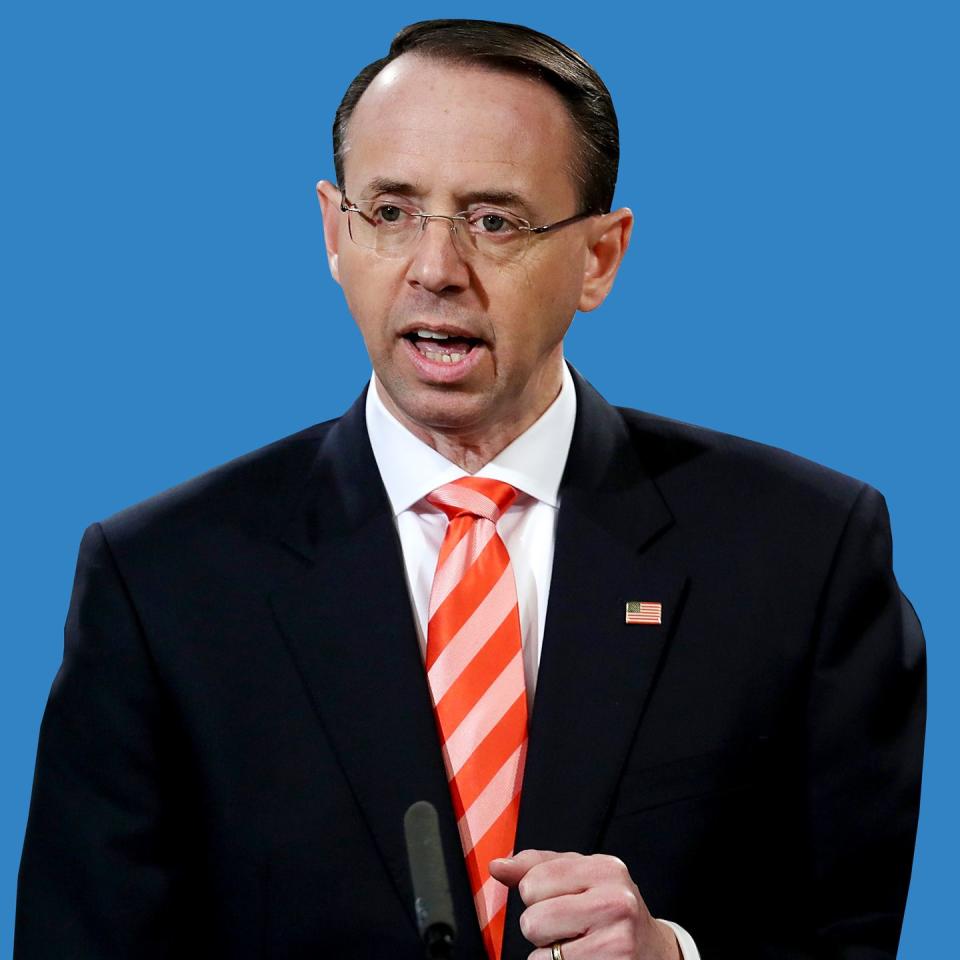
1. Trump fires Deputy AG Rosenstein. This could lead to a scenario reminiscent of Nixon's Saturday Night Massacre during Watergate. Remember, Rosenstein is now overseeing the Mueller probe because Sessions recused himself. With Rosenstein out, the next in the chain of command would be asked to fire Mueller. If that person refused, Trump could keep firing people until someone agrees to cut Mueller loose.
(Under the law, the special counsel can only be fired for good cause, but as we've seen, this administration is willing to attack areas of interpretation.)
2. Trump replaces Jeff Sessions as attorney general. The new attorney general would be someone who is not recused from the probe. That person would then assume oversight of the Russia probe, because the law that established the Office of Special Counsel calls for the attorney general to oversee it. It does not matter that it was Rosenstein who appointed Mueller and is currently overseeing the investigation-he is merely the Acting Attorney General in this context. A true attorney general would replace him.
3. Trump fires Mueller. "There's this theory that the president ... can fire anyone in the executive branch," Rodgers says. That is very much disputed.
But only two scenarios are particularly likely.
Rodgers considers the third option extremely unlikely. "If the president were to try to do that-just write a letter to Robert Mueller saying, 'you're fired'-I suspect it would immediately go to the courts for determination of that," she says. "The other two methods seem cleaner."
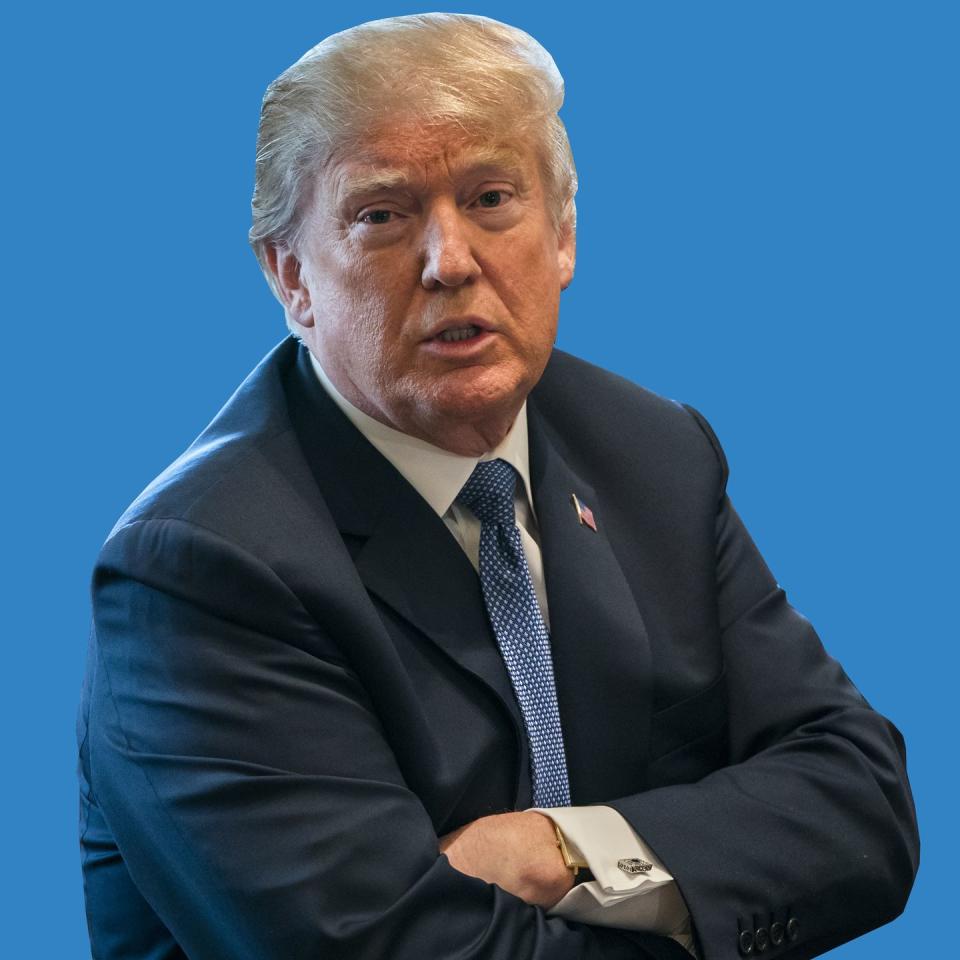
That leaves replacing Sessions or Rosenstein with someone who can and will fire Mueller. CNN reported Tuesday evening that Trump is already considering firing Rosenstein "to check Mueller," or somehow constrain the scope of his probe. Rosenstein is the more likely target, according to CNN, because he has more obvious weaknesses than Sessions and his firing will be better received on Capitol Hill.
If Sessions were fired, he would be replaced by an interim attorney general. That person would come from the Department of Justice, but would not necessarily have to be Rosenstein. "They could pull a friendly US attorney," Rodgers says.
There are probably three people who would replace Rosenstein.
If Rosenstein were removed, but Sessions remained, there are two likely figures at the Department of Justice who could immediately replace Rosenstein to oversee the probe on an interim basis, plus one wildcard.
1. Solicitor General Noel Francisco.
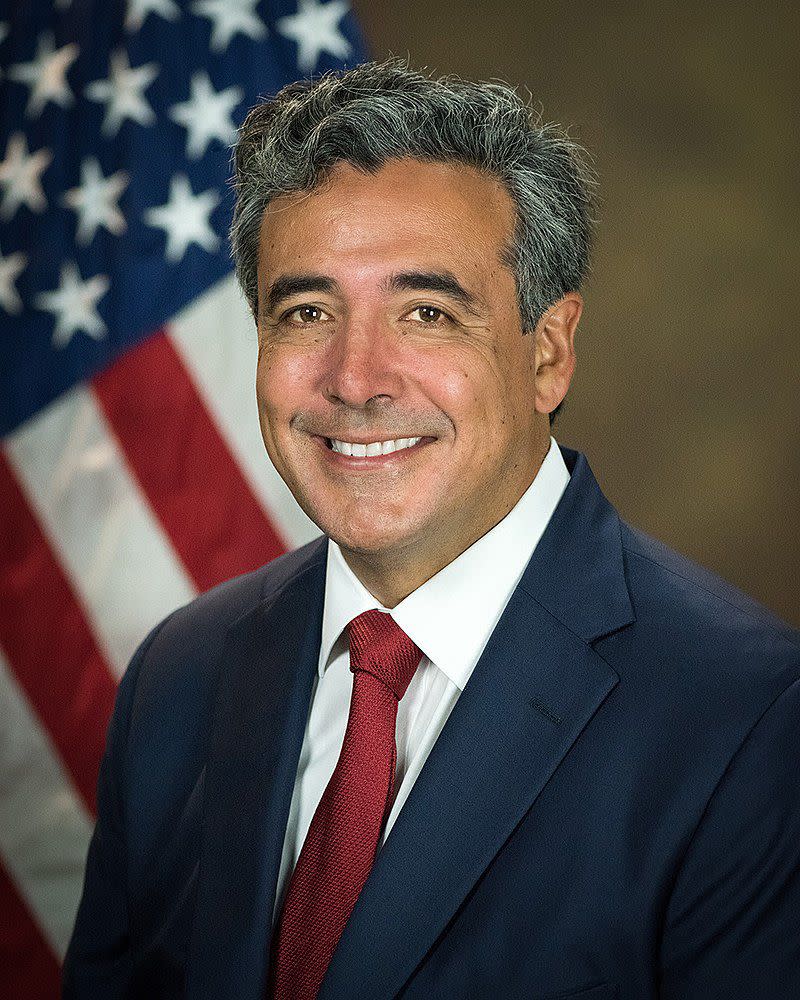
Francisco is a Republican who worked on the Bush Florida recount team during the 2000 election, and in the Bush Justice Department. He's now solicitor general, a position that played an important, if notorious, part during Watergate.
At the time of the Saturday Night Massacre, first the attorney general refused to fire the special prosecutor and resigned. Then the deputy AG did the same. Then it was Solicitor General Robert Bork who became Acting Attorney General and agreed to fire Archibald Cox. It's unclear, however, if the same succession would apply. Cox, the special prosecutor investigating Nixon, was not appointed under the current special counsel statute, which was established after-and essentially in response to-Watergate.
2. Acting Associate Attorney General Jesse Panuccio
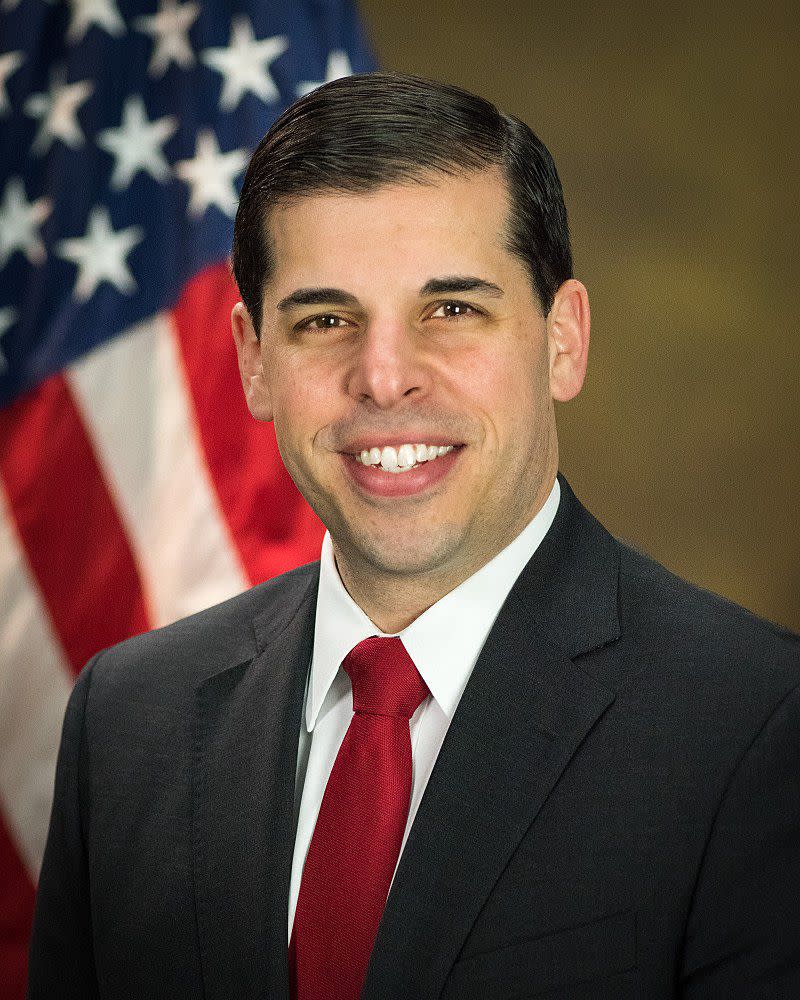
He's in an "acting" role because his predecessor, Rachel Brand, resigned in February. When Brand departed, The New York Times characterized her as the number three official at the Department of Justice, which would have made her next in line behind Rosenstein. By this logic, Panuccio would take over if Rosenstein is fired. But again, it's unclear-the current special counsel statute has not been tested in this way.
Panuccio is a Republican who previously worked for Governor Rick Scott of Florida.
Wildcard: Ed O'Callaghan
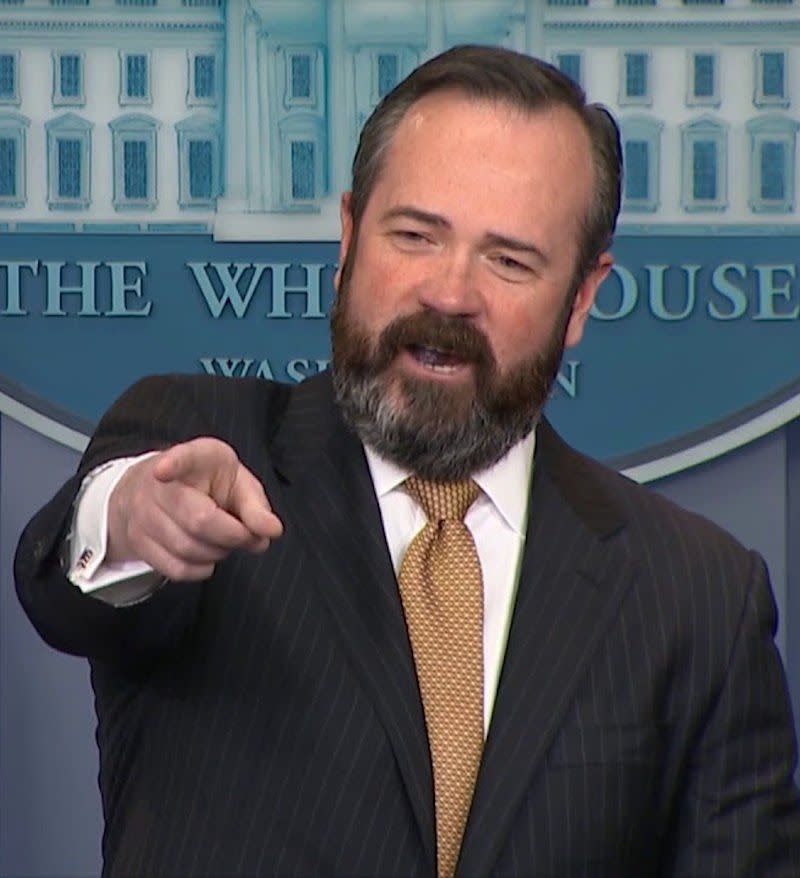
Rosenstein tapped him as his "right-hand man" in overseeing the Russia probe at the beginning of this month. O'Callaghan's official position is "acting Principal Associate Deputy Attorney General," which is impressively complicated. While O'Callaghan is the de facto number two in overseeing the probe, it is not clear-but seems unlikely-that he would officially take over leadership if Rosenstein leaves.
O'Callaghan is a Republican who worked on John McCain's 2008 presidential campaign.
Would there then be a new special counsel?
According to Rodgers, Trump may say that "Mueller is terrible, he has conflicts of interest, I want him out. But of course I'm not trying to interfere with this investigation, so of course a new person can be put in." This is roughly what he did with James Comey. "Then they could obviously put someone new in," Rodgers says, "and the work would continue."
(It's worth remembering that Mueller, Rosenstein, and Comey are all Republicans.)
"This is what happened with Nixon," Rodgers says. "They fired the investigator and then eventually someone else was put in, but it was a different person."
Could Mueller be reinstated?
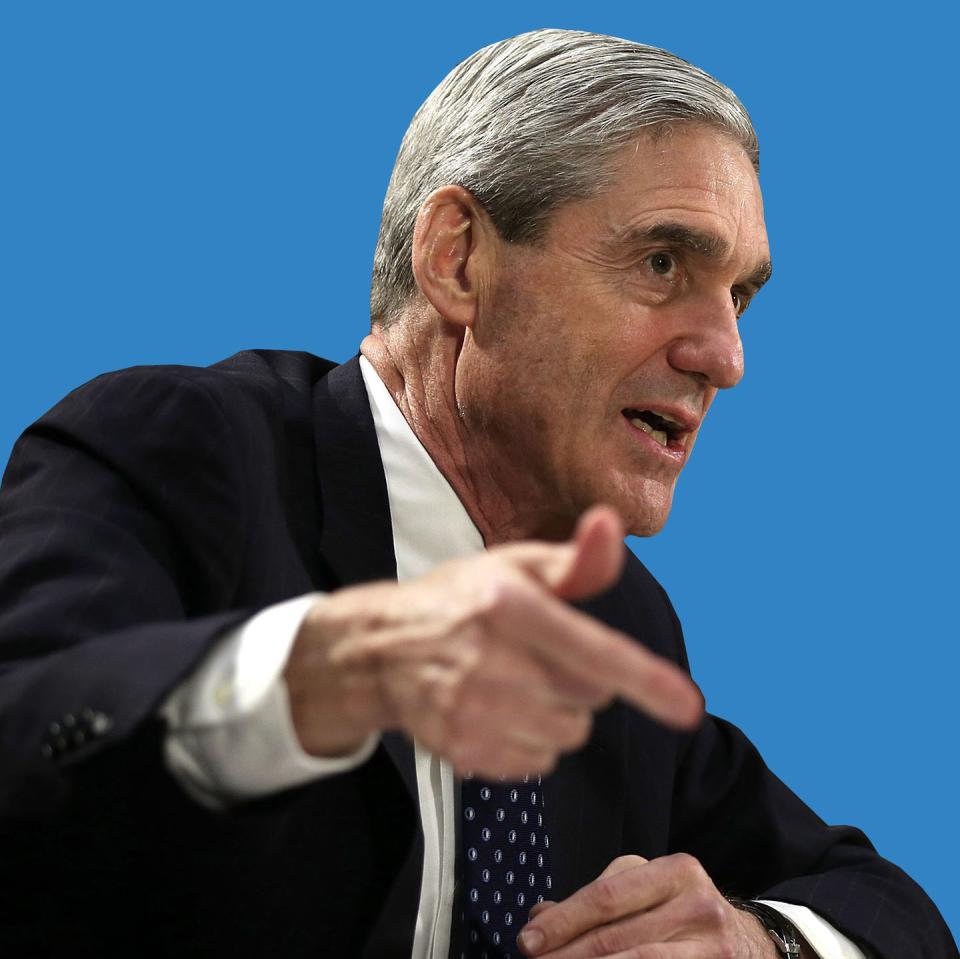
The law calls for the attorney general to name a new counsel. But these are Congressional regulations, and the House and Senate could "change them if there is enough support for doing that," Rodgers says. They would have to insert themselves into the process, to say that Congress has some say-or all the say-in who the special counsel is. If they did that, they could reinstall Mueller-regardless of who takes Rosenstein's role.
"It seems easier to me to do it in advance," Rodgers added. "It's interesting that they've been dragging their feet about proposals to protect Mueller himself by saying it's 'unnecessary.' And then, if it happens, it's like, Oh, oops! We thought it was unnecessary."
The investigation wouldn't stop just because Mueller is gone.
There's reason to believe the rest of the special counsel's office could continue working under the Department of Justice as it is now, even if Mueller himself is dismissed.
"[Even] if he fires enough people at DOJ that there's no one there left defending the Office of Special Counsel and saying this should continue as an investigation," Rodgers says, "then they have to do something with the cases."
The office has filed cases and has ongoing inquiries into a number of people. Those matters would be dismissed, or would continue as investigations by the Justice Department at large. They might even be doled out to U.S. Attorney's offices.
But the probe could be stopped-directly or indirectly-and it might involve a lot of pardons.
Trump can't end the probe himself. "This office is still in existence, and has a budget pursuant to the Department of Justice," Rodgers says. "So that doesn't just go away."
Trump could successfully end the probe by installing the right people to oversee it, getting his associates implicated in it off the hook, or both.
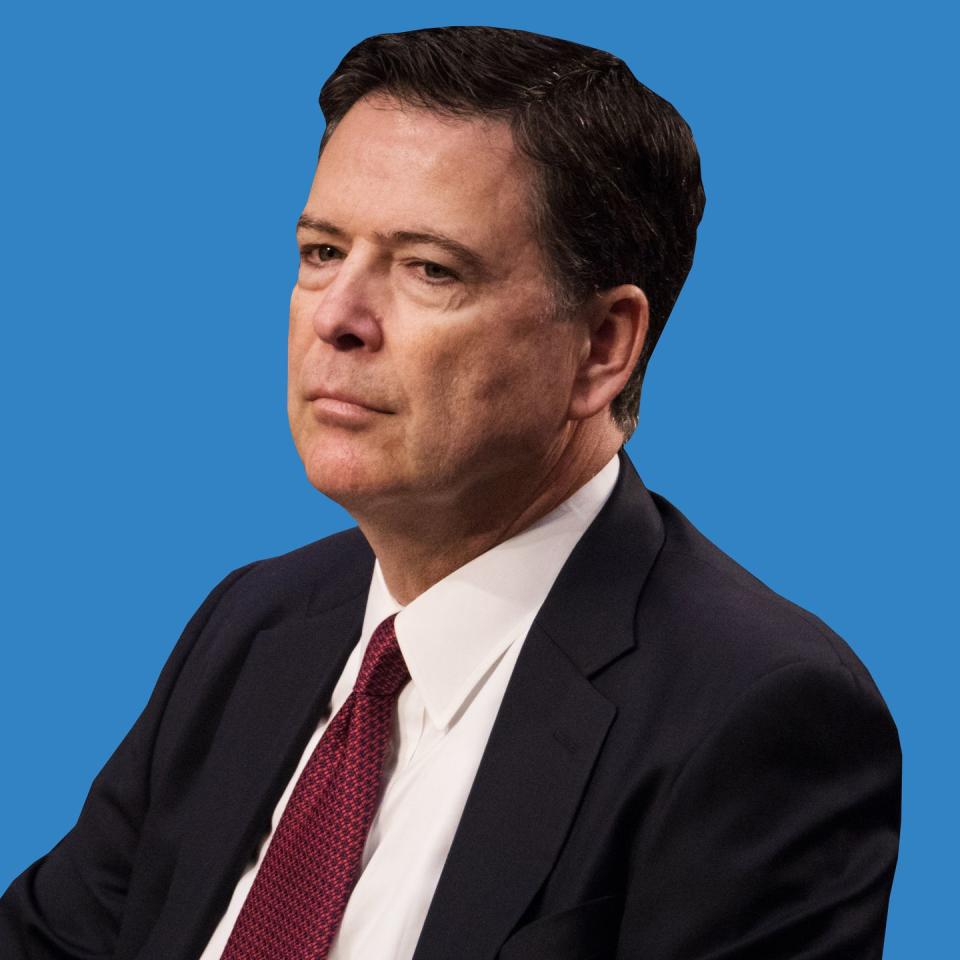
"If he has control of the Department of Justice, and gets to someone who is agreeable to ending this thing, then they could shut it down," Rodgers says, "if they have the 'cause' that's required, which is sort of fuzzy terminology."
But Trump's people could say they had just cause, and then we'd end up in court again, litigating it. If successful, Trump's allies could cut the budget for the Office of the Special Counsel and absorb the active cases back into the larger Department of Justice. "Or you could just dismiss them, too," Rodgers adds.
If they failed in court or somehow couldn't dismiss the cases against his associates, there's also another option. "The president might pardon these people," Rodgers says. "If he's really just going for it, and he's really like, I'm shutting this down, this is a witch hunt, et cetera et cetera, and all of these indictments are bogus. Maybe he issues the pardons basically at the same time. Who knows? And then there are no more cases."
Would the Office of Special Counsel's report ever see the light of day?
One big factor is the special counsel's report, which by statute must be presented to the attorney general-or, in this case, whoever is acting as the attorney general. Mueller will, at some point, present Rosenstein with a report on what he's found, and, Rodgers says, "Rosenstein has the ability to decide whether it should be public or not."
If Rosenstein were removed and replaced with a Trump ally, that ally could choose to suppress the report on whatever grounds he or she came up with. If Mueller is removed before he can present a report, it is unclear what follows: does a replacement special counsel finish his report? Do they write their own? Do his staff continue the report? Does it all depend on who the next overseer of the investigation is?
It appears Mueller may have at least one contingency plan. That includes the option of presenting a report on Trump's activities while in office-specifically obstruction of justice-first and as soon as possible. Then he would continue with the Russia side of the probe. He may also have a plan to get the information out if he is fired. But all that is up in the air.
Regardless, any report is extremely unlikely to bring charges against the president, under the standing consensus that a sitting president cannot be indicted. It would be a sort of recommendation to Congress, which would then decide how to act-including whether to impeach.
"I think they're working as fast as they can," Rodgers says of Mueller's team. "It's obviously precarious. They want to get it done as quickly as possible. And having done [criminal] cases, I think they're working remarkably quickly. I think their output has been really, really impressive. I think they're doing the best they can, it's just kind of a race against time in some ways.
You Might Also Like

